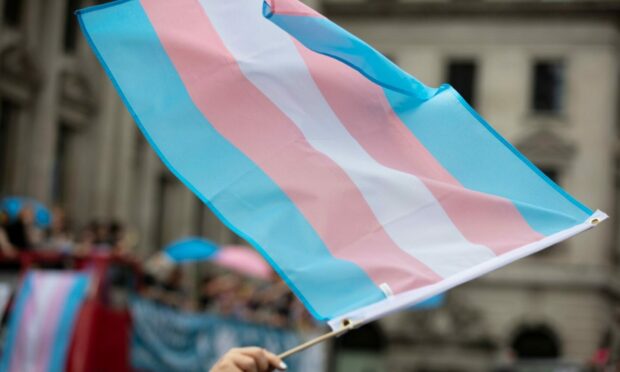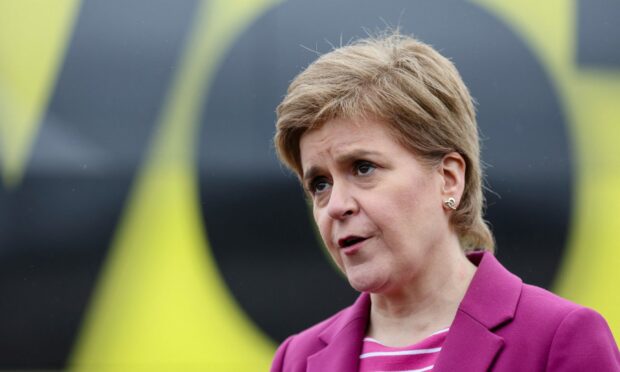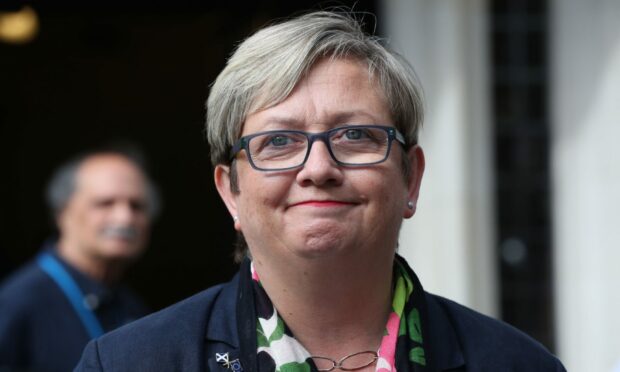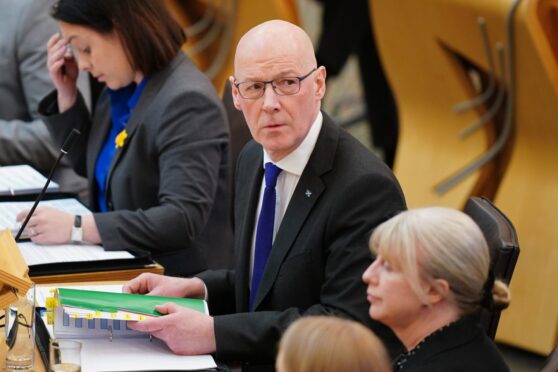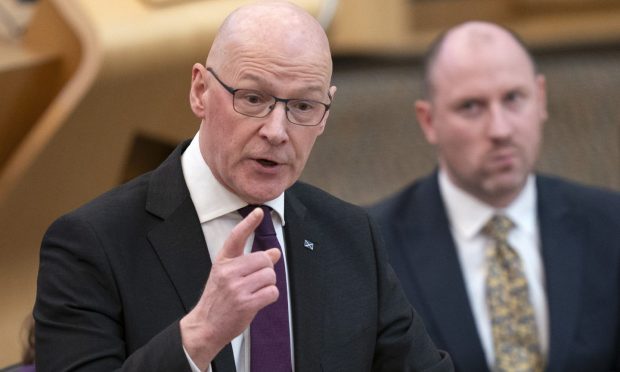Major reforms which would let transgender men and women legally change their gender in Scotland without a medical diagnosis have passed the first hurdle in Holyrood.
The controversial gender recognition proposal was backed at the last election but led to split political opinion – and saw the resignation of SNP community safety minister Ash Regan before a vote on October 27.
Here’s all you need to know about the overhauling of gender laws, why it’s happening and what happens next.
What are the new gender reforms?
The proposed reforms aim to make it easier for people to live as their preferred gender.
The key change to the current law would mean transmen and transwomen can self-identify without needing a doctor’s approval.
Transgender Scots would no longer need to show evidence of gender dysphoria, a term which describes someone feeling uncomfortable with the sex on their birth certificate. 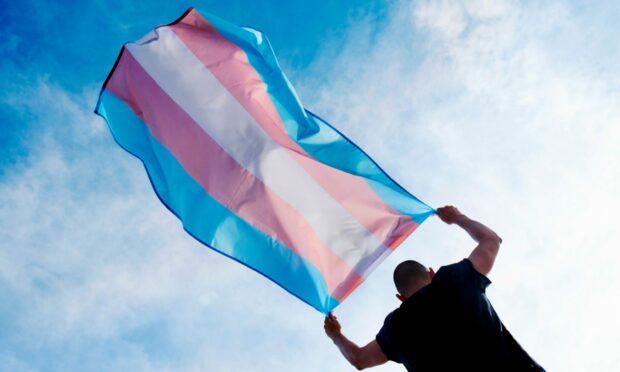
The reforms would make it easier for transgender people to self-identify. Anyone wanting to transition would only need to live as their acquired gender for three months instead of two years.
This would be followed by a further reflection time of three months before they receive a new birth certificate.
The minimum age for applications would be reduced from 18 to 16, another source of controversy.
What’s the problem with existing laws?
The existing gender reform act was passed in 2004. It allows Scots to change how they identify.
Not all trans people apply for legal recognition. They don’t need to do so to change their sex on ID documents such as a passport or driving licence.
Transmen and transwomen do not have to undergo gender reassignment surgery.
But the SNP Government says the need for medical approval is “distressing” and “stressful” for those who do want legal recognition.
Nicola Sturgeon’s administration believes reforming the gender reform act would simplify and quicken the process.
Who’s pushing this change?
Campaign groups including LGBT charity Stonewall and advocate group Scottish Trans say the reforms are necessary.
Scottish Trans says the existing act was a landmark law at the time, but it places too much emphasis on medical diagnosis.
Ms Sturgeon wants all of her party’s MSPs to vote in favour, but some rebels defied her orders.
Scottish Green MSPs vocally support the reforms, as do the Liberal Democrats. Most Labour MSPs approve the changes too.
In a Holyrood vote, 88 MSPs backed the changes to the law in principle, while 33 voted against.
Jamie Greene and Sandesh Gulhane were the only two Tories who voted in favour.
What do opponents say?
The topic has become one of Scotland’s most heated political debates, even if it has not cut through as quickly to the wider population.
Those against the gender recognition act being overhauled warn it could threaten women’s rights.
They claim simplifying the process for transitioning would infringe on single-sex spaces for women.
SNP MP Joanna Cherry has been a vocal opponent of the reforms and has repeatedly clashed with her party.
In the weeks running up to the first parliamentary vote, Harry Potter author JK Rowling wore a t-shirt describing Ms Sturgeon as a “destroyer” of women’s rights.
Many Scottish Tories have criticised the proposals. Party MSP Rachael Hamilton said she was “deeply concerned” about lowering the age for changing gender.
When she was still attorney general, Tory home secretary Suella Braverman threatened to block the SNP’s reforms.
Some MSPs who voted in favour, including Labour deputy chief Jackie Baillie, want to see amendments made to the proposals before they become law to address key concerns.
Is this normal in other countries?
Along with the wider LGBT community, transgender people continue to face widespread discrimination in many countries.
Several countries in Europe including Ireland, Denmark and Spain have already passed landmark rulings allowing gender self-identification.
In the United States, the topic has become a focal point in so-called culture wars between supporters and opponents of LGBT rights.
While President Joe Biden has spoken in favour of transgender rights, Republican-controlled states such as Texas have rolled them back.
What happens next?
Members of Holyrood’s human rights committee will have a chance to put forward any amendments they believe should be made to the measures. That is where the really technical details will be hammered out line by line.
Once any changes to the gender reforms are approved, the full package will be discussed in the chamber by all MSPs again and put to a final vote.
There is a four-week spell where any legal challenges against the reforms can be mounted before it receives royal assent and comes into force.
If this then passes, the law will change.
Rebellion within SNP
The SNP’s attempt to whip all MSPs into voting for the reforms was not successful and has already led to one minister quitting.
Ash Regan, who held the community safety brief, stepped down from her post ahead of the debate and said she could not back the proposals.
In a letter to Ms Regan, Ms Sturgeon said her departing minister had not raised any concerns to her before resigning.
SNP MSP John Mason expressed his “admiration” for Ms Regan and also rebelled against his party.
In total, seven SNP MSPs defied the party line and another two abstained from voting on the measures.
Perthshire’s Jim Fairlie and Cowdenbeath’s Annabelle Ewing both declined to vote either way.
The party refused to say if backbench members who refused to back the reforms would be penalised.
